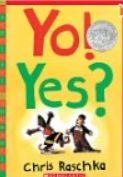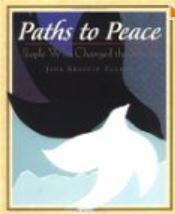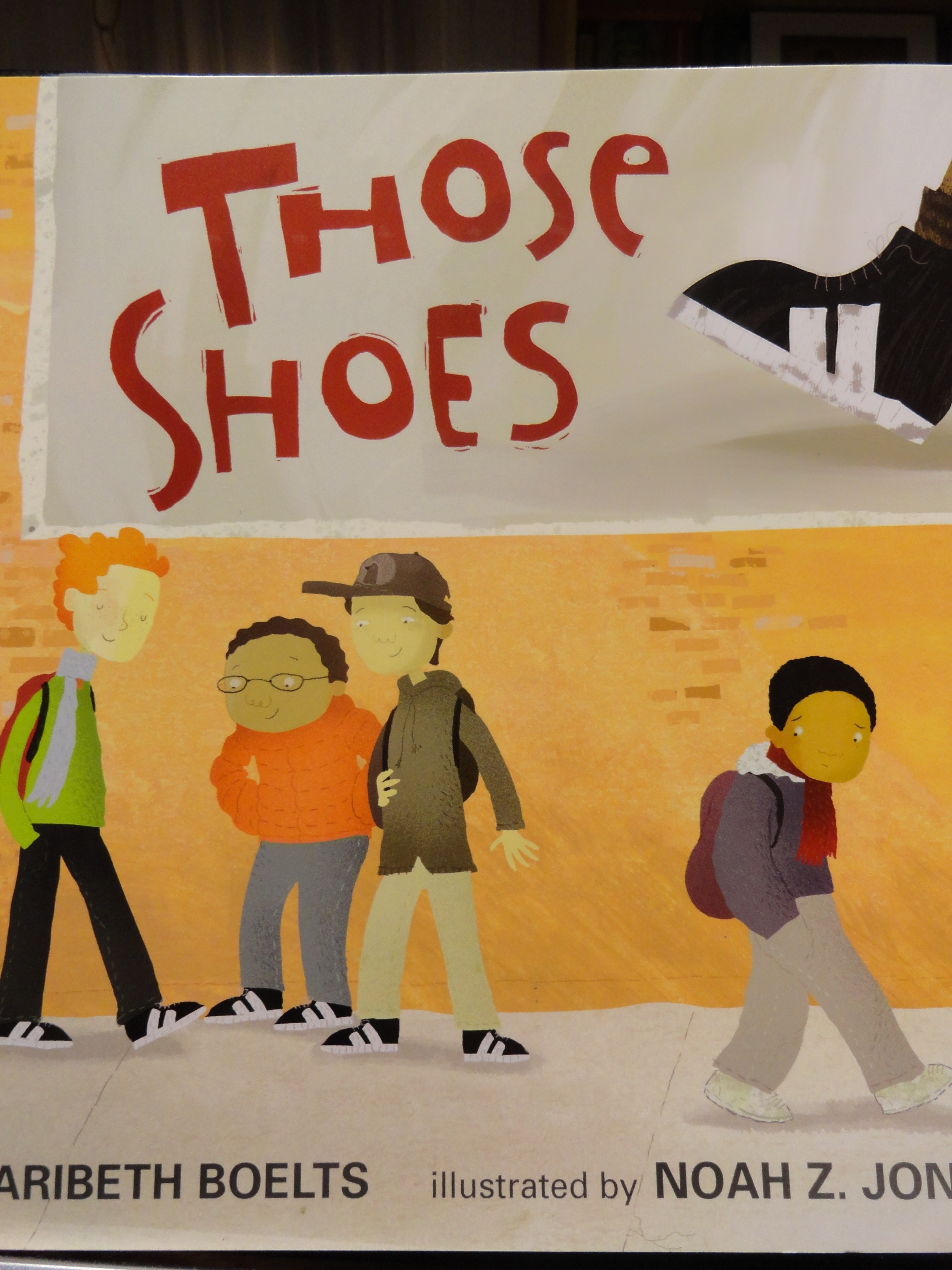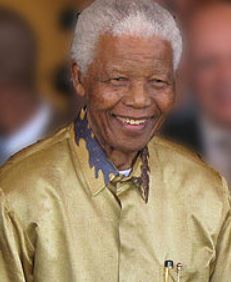“Education is the most powerful weapon which you can use to change the world.” Nelson Mandela
Nelson Mandela has passed from this world leaving it a better place for having lived and fought for freedom and peace. He stands as a model for us all as a person who saw injustice and dedicated his life to fighting it. In his autobiography The Long Walk to Freedom [Note: An abbreviated version of The Long Walk to Freedom is available for children under the title – Nelson Mandela: The Long Walk to Freedom] he wrote:
I am no more virtuous or self-sacrificing than the next man, but I found that I could not even enjoy the poor and limited freedoms I was allowed when I knew my people were not free. Freedom is indivisible; the chains on any one of my people were the chains on all of them, the chains on all of my people were the chains on me.
It was during those long and lonely years that my hunger for the freedom of my own people became a hunger for the freedom of all people, white and black. I knew as well as I knew anything that the oppressor must be liberated just as surely as the oppressed. A man who takes away another man’s freedom is a prisoner of hatred, he is locked behind the bars of prejudice and narrow-mindedness. I am not truly free if I am taking away someone else’s freedom, just as surely as I am not free when my freedom is taken from me. The oppressed and the oppressor alike are robbed of their humanity.
When I walked out of prison, that was my mission, to liberate the oppressed and the oppressor both. Some say that has now been achieved. But I know that is not the case. The truth is that we are not yet free; we have merely achieved the freedom to be free, the right not to be oppressed. We have not taken the final step of our journey, but the first step on a longer and even more difficult road. For to be free is not merely to cast off one’s chains, but to live in a way that respects and enhances the freedom of others. The true test of our devotion to freedom is just beginning.
Mandela’s words and life provide a model upon which we can build lives of meaning and activism. Here are a few of Mandela’s ways of living teachings and some children’s books that illustrate them. 
1. Don’t give up. Like the girls in The Other Side by Jacqueline Woodson or the little boy trying to make a friend in Chris Raschka’s Yo Yes, we need to teach children to keep at something until they accomplish their goal.
2. Bounce back from failure. What do we do when we fail? Do we get angry or reapply ourselves like the children do in Mayfield Crossing by Vaunda Nelson when a small group of black children are integrated into an all white school. 
3. We may not all agree or be alike, but we’re all in this world together. There are good people everywhere making our world a better place and working for peace like the peacemakers in Paths to Peace by Jane Zalben and the good people in Lynea Gillen’s Good People Everywhere. It should be our purpose in life to join with them.
4. Education and kindness give power. Like Nobel prize winner Wangari Maathi, whose story is told  in Mama Miti by Donna Napoli, by having knowledge and sharing it with others or by showing kindness by giving away one’s precious shoes to a needy friend like the boy in Those Shoes by Maribeth Boelts, we build not only inner strength but also strengthen others.
in Mama Miti by Donna Napoli, by having knowledge and sharing it with others or by showing kindness by giving away one’s precious shoes to a needy friend like the boy in Those Shoes by Maribeth Boelts, we build not only inner strength but also strengthen others.
5. Love is everything. What we do with our lives must always be because we love others and are passionate for those things that make us happy – family, friends, the people of the earth, the bountiful earth. Confined in a Japanese Interment Camp, Mari and her family find renewal through art and planting sunflowers in Amy Lee-Tai’s book A Place Where Sunflowers Grow.
These are just a few of the many books we need to share with our children to keep Nelson Mandela’s legacy alive.
Which books will you read to your children?
Learn more about Nelson Mandela: Lessons and Resources
BBC Primary History: Nelson Mandela
Oxfam Literacy Activities Nelson Mandela




